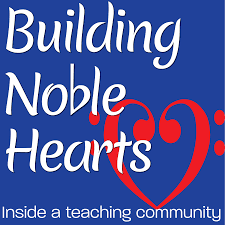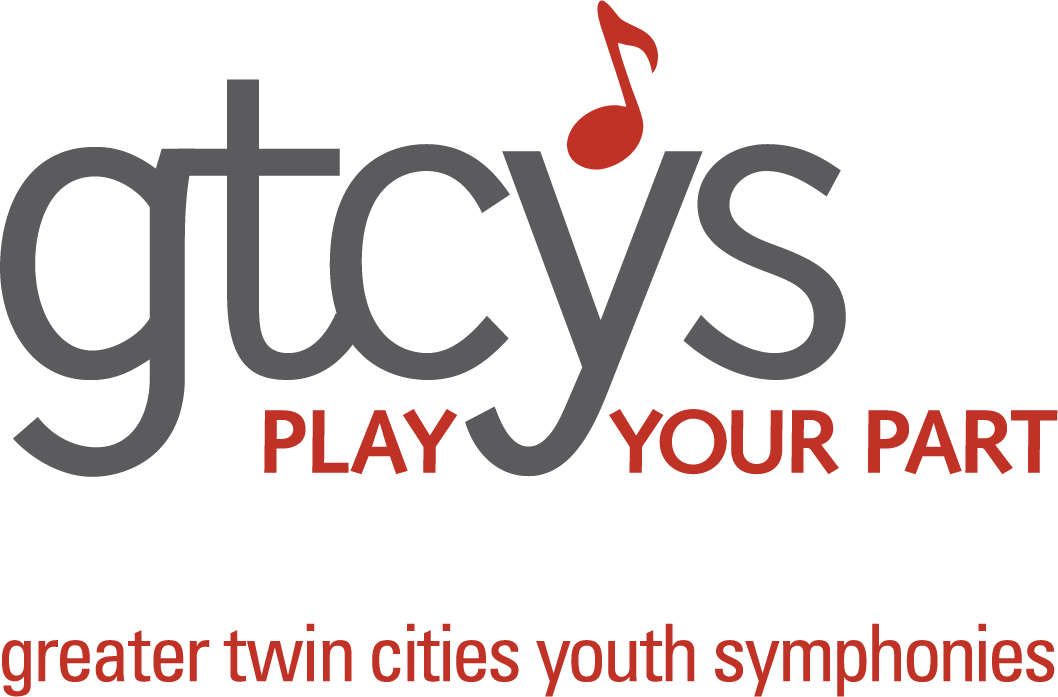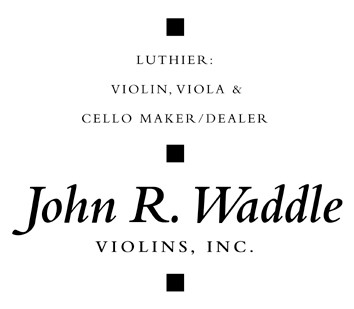MINI-INSTITUTE 2016 IMPROV GROUP CLASS
Ms. Hirschmugl received the Founders Award for Performance, Scholarship, Composition, Instrument Building, Philanthropy or Service to the American Viola Society.
In addition to her Suzuki method viola and violin studio, Lisa also teaches theory, chamber music and orchestra. She is also a violin instructor in the CODA outreach program.
Lisa founded the Chicago Viola Society and served on the board of the American Viola Society. She has taught at many Suzuki workshops and is on the faculty of the Blue Lake Fine Arts Camp in Michigan – a camp which draws it’s inspiration from the Arens Art Colony which may have been the first summer camp in America dedicated to the idea that an arts school in a secluded, natural setting can shelter gifted young people from the influences of the outside world and allow them to study with concentrated effort.
She has presented at several Suzuki Association of the Americas conferences and has taken students on tour to various locations in the United States. Ms. Hirschmugl has also trained in Creative Ability Development (CAD) improvisation method with founder and pedagogue Alice Kanack. She teaches CAD (improvisation) for Suzuki strings classes.
In 1999, she received the Founders Award for Performance, Scholarship, Composition, Instrument Building, Philanthropy, or Service to the AVS as well as a Service Award on AVS behalf in 1993. Lisa enjoys working at CSA because of the close-knit community she experiences in the Suzuki program. She sees how this benefits the children in both their social and musical development.













